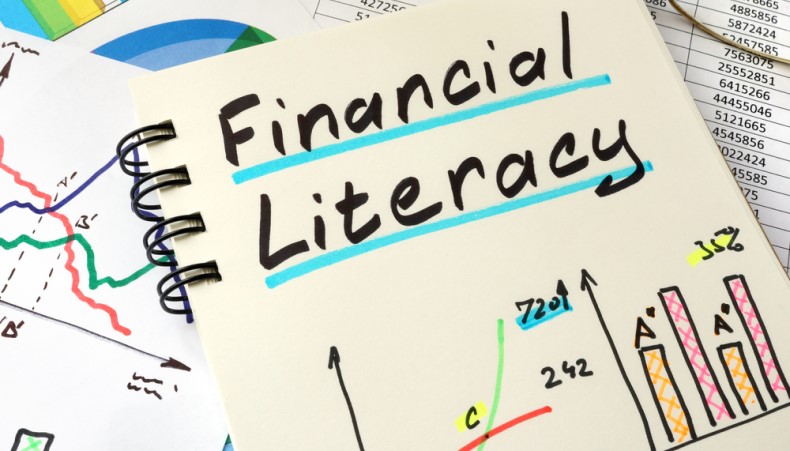3 ways to improve financial literacy in the workplace
For most people, finance isn’t something they studied at school.
Worldwide, only 13% of people receive formal financial education - the rest are left to figure out their own financial paths. This often means turning to social media to answer personal finance questions – 45% of people say they have resorted to YouTube and social media to get financial education.
Put simply, there’s a financial literacy gap. Which is even more dangerous with rising living costs hitting people’s income. Employers need to step up, reduce the risks, and fill the gap in employee financial literacy.
1. Financial education in the workplace
Employees have been often been left to fend for themselves when it comes to financial education. But the good news is that employees want financial education – 68% of people whose employers don’t offer financial education said they would welcome it. Meanwhile, 59% of people globally say that their employer doesn’t communicate with them regularly about how to improve their financial wellbeing.
Businesses are more likely to thrive when their employees aren’t worrying about money, so financial education in the workplace is a great starting point.
2. Open up the conversation
We need to open up the conversation and normalise the idea that it’s ok to talk about money.
Your employees want to be listened to and, post-pandemic, they need it more than ever. Create space for conversations around money. This could take many forms: micro-support networks, feedback forums, or getting involved with events such as Talk Money Week. Start the conversation by asking your employees the question: What does financial literacy mean to you?
3. Impartial financial education as the underpin
Choosing the right financial wellness solution is key to helping your employees on their way to financial literacy success.
The best way to reduce the risk of poor financial literacy is by offering impartial financial education. As an employer, sharing advice is risky as it’s often tied into products and services – so the intention may be misplaced. This is where impartial education comes in. Impartial financial education is not linked to any financial products or services. This means that the education provider has no hidden agenda or conflicts.
Financial security is an ever-growing desire by employees. No one wants to worry about money or feel out of control and stress about money has an adverse effect on a person’s wellbeing.
In fact, employees who receive financial education are 4x more likely to feel pride in their financial situation and 2x more likely to feel hopeful about the future. Empower your people to take back control of their money with financial education.
Supplied by REBA Associate Member, Nudge
A leading financial wellbeing benefit using behavioural science & technology to help employees.








